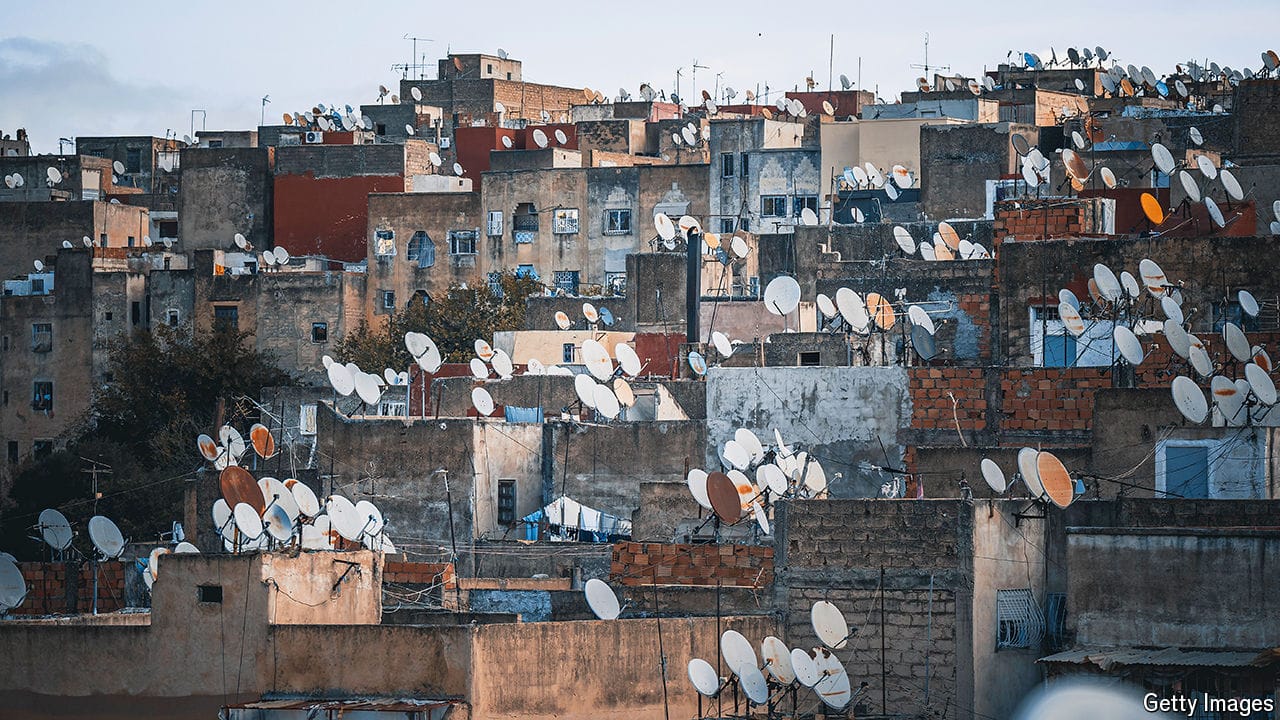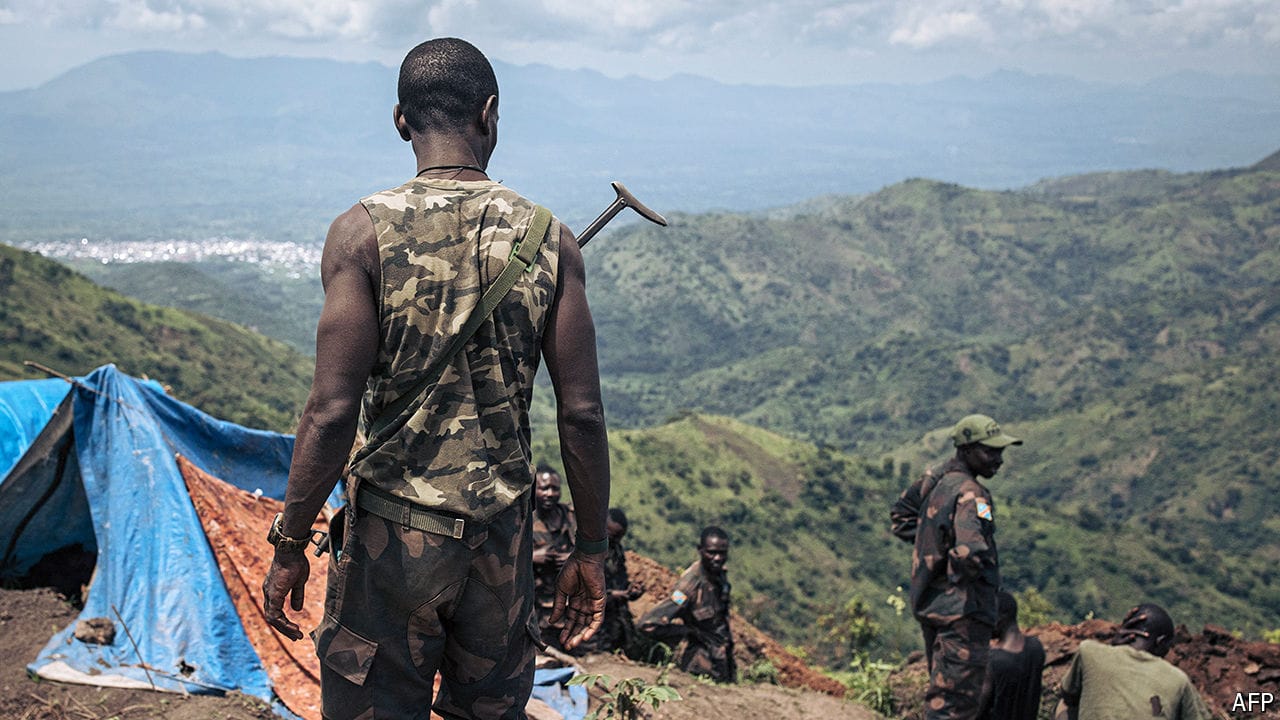Africa’s surprising new age of rail
Sino-American tensions are playing out on the tracks

“Every inhabitant of Thiès”, wrote a Senegalese novelist, Ousmane Sembène, in 1960, “depended on the railway.” Like many African cities, Thiès was a product of the continent’s first, colonial-era rail revolution. The French-built railway that ran through it stretched from the Senegalese port of Dakar to Mali, deep in the Sahel, ferrying peanuts, gold and other raw materials to the coast for export. But in recent decades the line has atrophied. A succession of foreign firms took over its management after it was privatised in 2003. Each failed to maintain or expand it. In 2018 the leg from Senegal to Mali halted operations entirely. Its rusting remains in Thiès lie under rubbish and weeds.
This article appeared in the Middle East & Africa section of the print edition under the headline “A new railway age”
More from Middle East and Africa

Israeli retaliation in Lebanon seems inevitable
But it still wants to avoid all-out war against Hizbullah

Why the AI revolution is leaving Africa behind
Large infrastructure gaps are creating a new digital divide

Rwandan soldiers may outnumber M23 rebels in Congo
The prospect of dislodging the rebels is becoming dimmer
Bibi Netanyahu offered spectacle over substance in America
His fourth address to Congress was historic, but held few answers for Israelis
Israel and the Houthis trade bombs and bluster
For now, though, neither side is a strategic threat to the other
The world court says Israel’s occupation is illegal
But will the International Court of Justice’s ruling have any effect?
